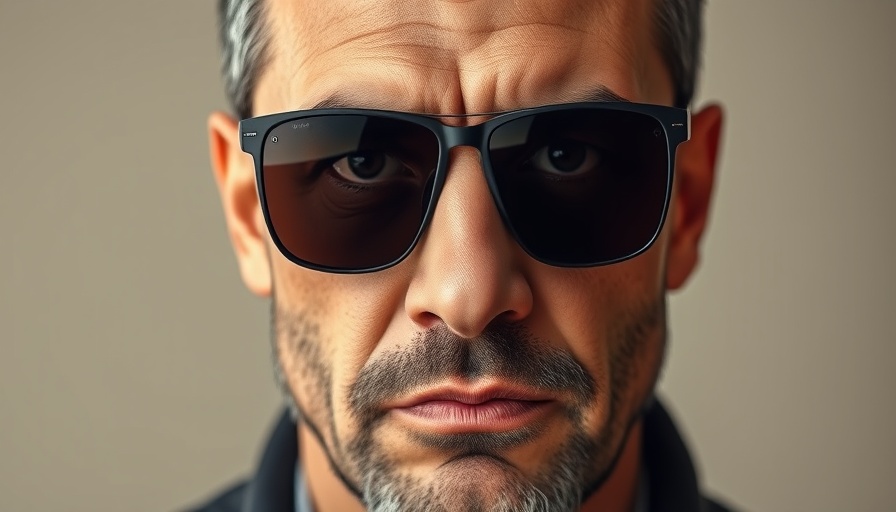
Courtroom Drama: A Tension-filled Finale
As the trial of Sean "Diddy" Combs reaches its climactic closing arguments, the tension in the courtroom is palpable. Combs' lawyer, Marc Agnifilo, characterized the proceedings as nothing more than a "fake trial," painting the prosecution's claims as exaggerated fabrications meant to vilify a music mogul whose lifestyle choices have become the subject of public scrutiny. He argued that labeling Combs as a kingpin of a racketeering enterprise over personal recreational activities is a testament to the prosecution's overreach.
Understanding the Claims Against Combs
The prosecution has spent weeks painting a picture of a powerful man wielding his influence to exploit and harm vulnerable individuals. Assistant U.S. Attorney Christy Slavik articulated that Combs engaged in sex trafficking, attempted coercion, and more, establishing a criminal enterprise that allegedly operated under the shroud of celebrity influence. It raises critical questions about the responsibilities of those in power and the consequences of their actions. A verdict against Combs could send ripples through the entertainment industry, where the lines between personal lifestyle choices and alleged criminal behaviors are often blurred.
The Culture of Celebrity and Criminal Justice
This trial is emblematic of a broader cultural phenomenon wherein celebrity status complicates the judicial process. Combs' lavish lifestyle—one that includes recreational drug use and a swinger's lifestyle—comes under the magnifying glass of scrutiny, often conflating personal freedom with illicit activity. This trial forces observers to reckon with uncomfortable truths about power dynamics, violence, and fame. The recurring question: does fame absolve one from the consequences of their actions, or does it intensify them?
The Impact of Testimonies
With 34 witnesses called to the stand, including notable figures from the music world like Cassie Ventura and Kid Cudi, the implications of their testimonies stretch beyond the courtroom. They highlight both the societal challenges associated with celebrity culture and the vulnerability of individuals ensnared within it. Each story shared adds layers to the overall narrative, but it amplifies the complexities present in cases of this nature, where personal experiences and public personas collide.
Looking Ahead: What a Verdict Could Mean
The imminent verdict in Combs' case carries consequences not just for him, but for the industry at large. If convicted, Combs could face life behind bars—an outcome that would reverberate through the music field, altering its landscape. Will this be a redefining moment for accountability in the entertainment industry, or merely a one-off case amidst a sea of celebrity trials?
This trial shines a light on larger societal issues, such as the treatment of women in entertainment, the implications of power, and the legal system's handling of celebrity cases. Whether one views Combs as a victim or a perpetrator, ultimately the jury must deliver a judgment—a task that will likely weigh heavily on their conscience, reflective of the society we inhabit.
Are We witnessing a Shift in Public Perception?
As the trial unfolds in the public eye, it forces society to confront its views on celebrity entitlement. The narrative pushes a conversation about accountability. Are we finally facing the ramifications of a culture that often prioritizes stardom over ethics? The outcome may redefine how justice is perceived in relation to its celebrities, altering the very framework in which such cases are discussed moving forward.
Combs' case is not just a trial of one man but rather a litmus test for our cultural values. As more details emerge and the jury deliberates, audiences remain glued to this evolving saga—and rightly so, as it reflects broader societal dynamics that warrant critical thought.
 Add Element
Add Element  Add Row
Add Row 



 Add Row
Add Row  Add
Add 


Write A Comment